Goethe’s theory of colors, and how the eye sees and simultaneously creates its own color The great poet and savant Johann Wolfgang von Goethe (1749-1832) passionately explored the phenomenology of light and colors witnessed by the human eye, and collected his findings in Farbenlehre (Theory of Colors). His innovative doctrine of “physiological colors,” though dismissed by some due to lack of empirical data in his epoch, would later lead to wide repercussions in the centuries to come in art, physics and philosophy. He proclaimed that the colors referred to as physiological pertain to the subject, the organ of sight, …
Category: Philosophy
A master musician, an influential thinker and jurist, Ostad Elahi ( 11 September 1895 – 19 October 1974) said : “Music has countless properties, most of which have yet to be discovered.” Born in a small remote village in Iran, he grew up in a spiritual milieu where mystical traditions reigned everyday life. He was devoted to music very early on in his quest for meaning, self-knowledge, and transcendence. By the age of nine he was recognized as “ a peerless master of the tanbur ”, yet he only played it for himself. Occasionally, his relatives and visitors would …
The moments of awe, peak experiences and accomplishing the best version of oneself It is in human nature to aspire higher and “ human life will never be understood unless its highest aspirations are taken into account, ” said Abraham Maslow (1908-1970), renown with his triangle of hierarchical needs. At the peak of this triangle “ transient states of absolute being ” are experienced. It is “ where the farther reaches of human nature are secluded. ” He declared that a thorough understanding of the human being includes both security and belongingness needs as well as growth and transcendence …
Those who compared our lives with a dream were right. We were sleeping awake and waking up asleep. – Montaigne “ The earth is heavy and opaque without dreams,” wrote Anaïs Nin ( 1903-1977) in her diary. Sigmund Freud (1856-1939) described dreams as the “ royal road to the knowledge of our unconscious activities,” in which our primitive self meets the civilized one, and where all memories are collected. The unconscious is the great guide to get to know oneself in entirety. Carl Jung (1875-1961) defined it as an invaluable resource : The unconscious communicating through dreams is at least …
“ Do good, say good and think good. ” – Ahura Mazda The Persian poet and author Ferdowsi (940 – 1020) renown with his masterpiece Shahnameh – The Book of Kings, illuminates the ancient history of Persia dating back to 1500 BC. He recites the myth of creation, the personas of ancient kings and heroes, and the combat of the good against the evil through the march of history. The stories take stage in the backdrop of Zoroaster, who is said to be the Persian prophet known with his sacred book, Avesta and having founded the monotheist religion in ancient …
Kindness is a man’s memorial For the years after the burial. Ancient Egyptians (3100 BC) believed in the immortality of the soul, and in life after death. The journey of the soul to the other world and the scenes of divine judgement are colorfully illustrated on the Papyrus of Ani (1250 BC). The hieroglyphs highlight the deeply seated knowledge of ancient Egyptians and their strong belief in the divine order of creation which they name – Maat. It governs the entire universe in an immutable unity : nature, state, society, the individual and all forms of existence are seen …
To solve the mystery of creation, the eye of the physicist should look for what really is out there, not what he thinks there should be. – Einstein Pablo Carlos Budassi born in Argentina (1980), a talented mathematician, musician and artist with many award-winning spatial design works, made a simple drawing of the cosmos for his son’s birthday. He used the logarithmic maps of the physicists, photographs taken by Nasa and his photoshop app. His logarithmic illustration of the observable universe became globally famous. The physicists acclaimed his work and marked it as the simplest up-to-date picture of the universe. …
“Those who compared our lives with a dream were right. We were sleeping awake and waking up asleep. ” –Montaigne It was many years ago that an elderly local recounted this tale in Ephesus, Turkey on a beautiful spring day. There were seven young people who lived at the time of the Roman emperor Decius ( 250 AD) and who were of the same conviction. Although the majority believed in idols at that time, these seven companions had chosen to believe in Jesus. Having heard about their faith, the emperor ordered all seven of them at his court …
“ The words you speak become the house you live in ” said Hafez, and life in this fleeting house is sublimely described by Rumi : This being human is a guest house. Every morning a new arrival. A joy, a depression, a meanness, Some momentary awareness comes as an unexpected visitor. Welcome and entertain them all! Even if they’re a crowd of sorrows, who violently sweep your house empty of its furniture, still, treat each guest honorably. He may be clearing you out for some new delight. The dark thought, the shame, the malice, meet them at the door …
“Between the stimulus and response, there is a space and in that space lies our freedom and power to choose our response. In our response lies our growth .” – Viktor Frankl Having survived the concentration camps during World War II, Viktor Frankl wrote his renowned book Man’s Search for Meaning in 1946. He asks the fundamental question “What is the meaning of life ?” The answer, he says, does not lie in theories on life or in meditative thoughts. The meaning is crafted by our conduct. When we ask what life expects from us rather than what we expect …



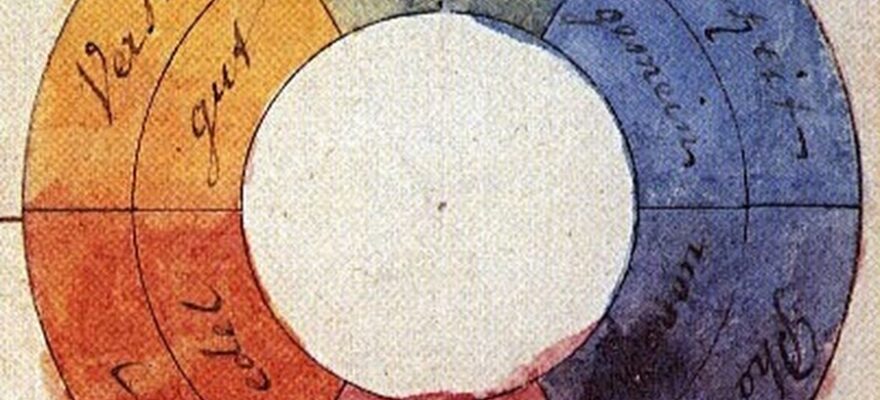
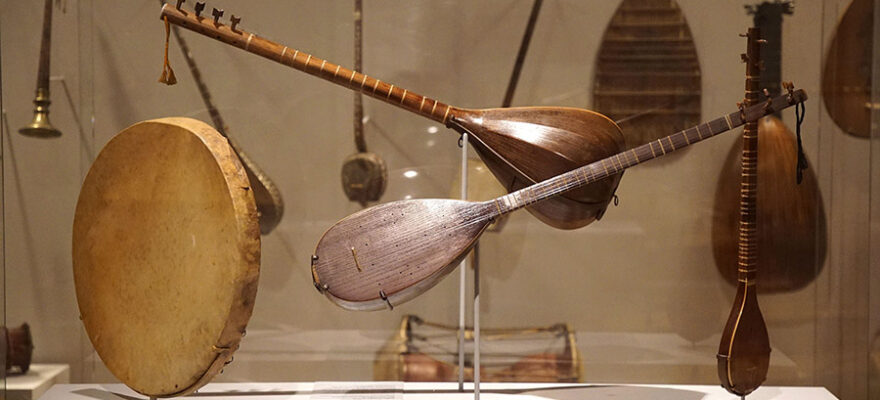
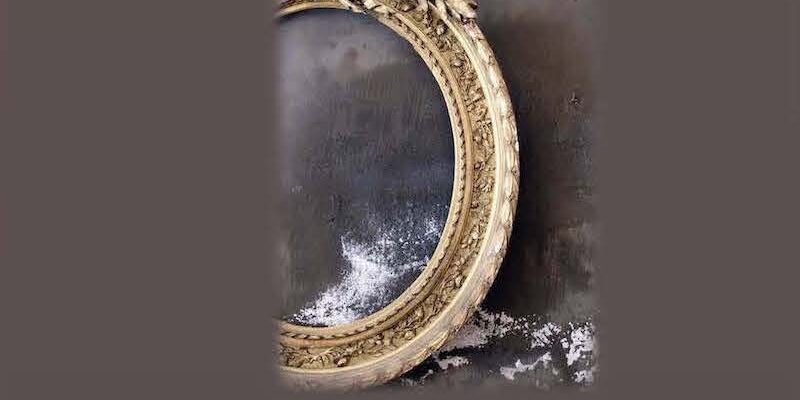

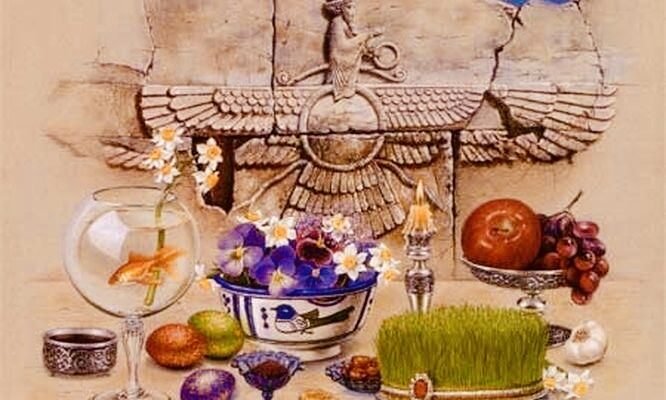
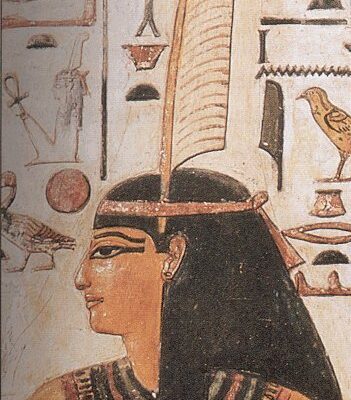
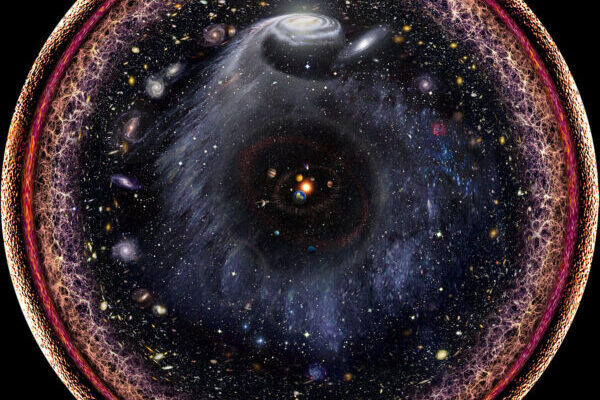
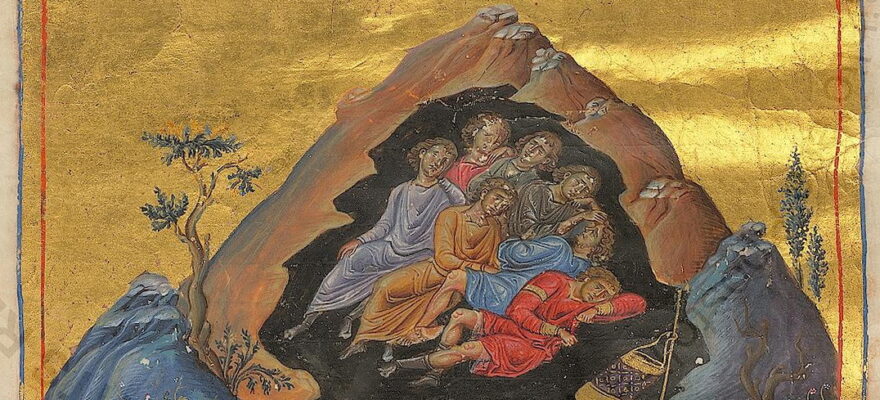
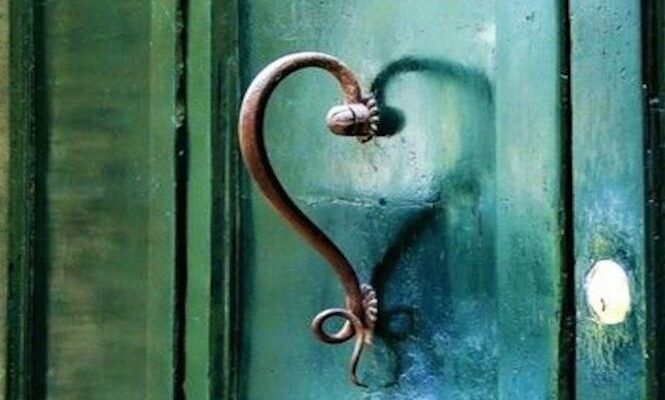
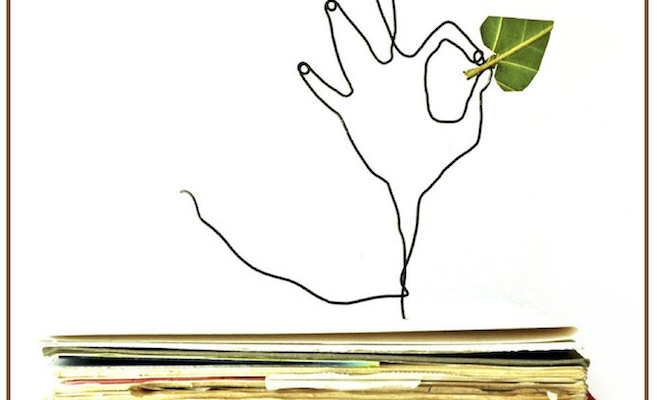





Social Profiles